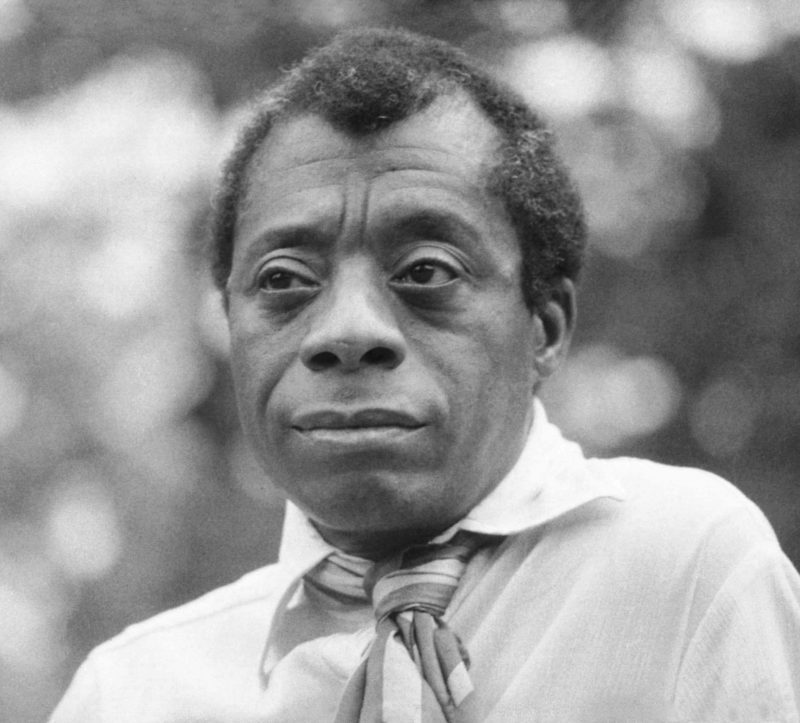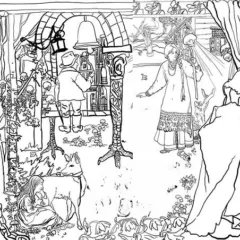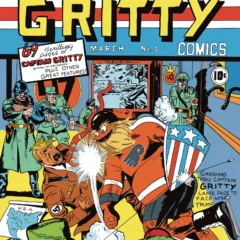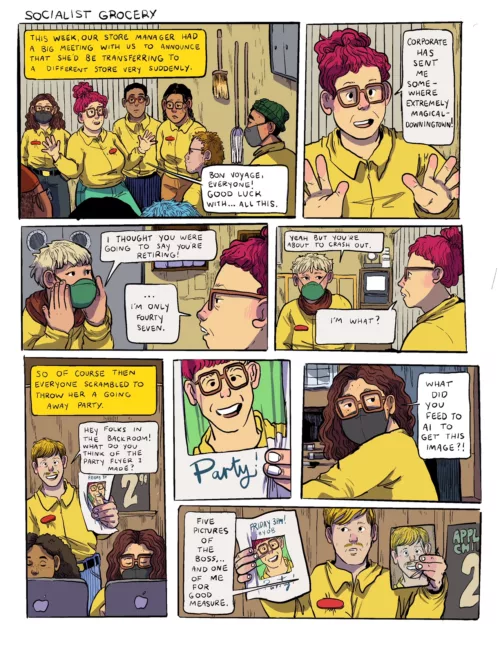
I went to the movie to see my friend.
When you lose someone, and all of a sudden you are able to “see” them through newly discovered photos, you rejoice. You speed to where the images are, and I did to I Am Not Your Negro.
I knew Jimmy. He was brilliant, charming, passionate, humane, intellectually and emotionally complex, fun and funny, and utterly fascinating and exciting to be with. I knew him the last few years of his life, late 1980s. He was traveling throughout the United States to see old friends and haunts. It was his last lap, his stomach cancer was incurable. He also wanted to take measure of his country–if life had changed for the better for African-Americans in a decade.
The first frame took me immediately to Jimmy the artist.
The sound gives the click clackity of a manual typewriter, and letter by letter words appear as he proposes a book to his agent. The title is Remember This House, and Baldwin wants to write on Medgar Evers, Malcolm X, and Martin Luther King, Jr, their lives, his memories of each, and how their lives and views influenced each other, changing the decade of the 1960s and the history of our country.
In other words, as a memoir-narrative, it would be the first on these activist and martyred African-American leaders. It would also be a new direction for the author. In one of our first conversations, I remember asking him, one writer to another, the following.
“When you went to Paris, did you find that your writing was influenced by the French language, or the city of Paris?
“I found that you can’t rely on technique,” was his answer.
I did not understand what he meant.
He intuited that immediately. He read people in a nanosecond! “By that I mean, you can’t rely on what you have done before, on whatever success you have had before, or the lessons you’ve already learned as a writer.”
I was stunned. He was talking not about Paris, but himself as a writer. He was speaking as an artist. It was necessary for Jimmy to push himself, go beyond the structure of short story and essay, genres completed, to make a new form. He was stating his integrity as an artist.
And there it is, first frame, Jimmy challenges himself artistically, he embarks on a work he has not fashioned before, nor has the world received–like all great writers he engages in ongoing creation.
Close to the beginning is a section titled “Witness.” Jimmy talked about being a witness in many conversations I had with him. I remember Jimmy stating very distinctly that “the writer is a witness of his time.” It has stayed with me, and at times echoes in my unconscious. At other times I sensed he thought being a witness was the most important role of a writer.
Baldwin witnessed three assassinations in Medgar, Martin, and Malcolm, 1963-1968. As I came to know him more, I realized that for Jimmy, the term meant not only the public event for him, but the utter unconscious honesty he felt, as the event occurred, in being a witness to himself. At times he asked other, younger writers, myself included, to do the same.
“Will you be a witness to your truth, or be a part of the establishment? What will you do?”
These questions were directly confrontational, and Jimmy did love to debate, pose big questions, and take the conversation whichever way it went. In fact, he was a master debater and orator. These talks were not always easy to be a part of, yet I was entranced, as they held the air with the presence of greatness. In these often very long discussions I realized Jimmy was showing us himself, he wanted us to know the witnessing of himself he had gone through. In witnessing racist behavior toward himself, he had reacted with rage, he saw he could have been killed. But he also bore witness to himself, and realized he was a danger to himself, the rage and hate he felt was destroying his soul. Bearing witness to himself saved his life.
The film asks us to witness also.
It asks us to be a witness as an individual, and as a country to bear witness to the awful human suffering due to the dominance of white racist laws, conditions, and mores.
Watching the end credits I felt calm, the kind you experience when a friend tells you the truth.
Good to see Jimmy again.
I Am Not Your Negro is Directed by Raoul Peck with text by James Baldwin. Cast (voice of Baldwin) Samuel L. Jackson. Released February 2017, B&W & color, 1 hr 35 minutes, PG-13, Magnolia Pictures.









